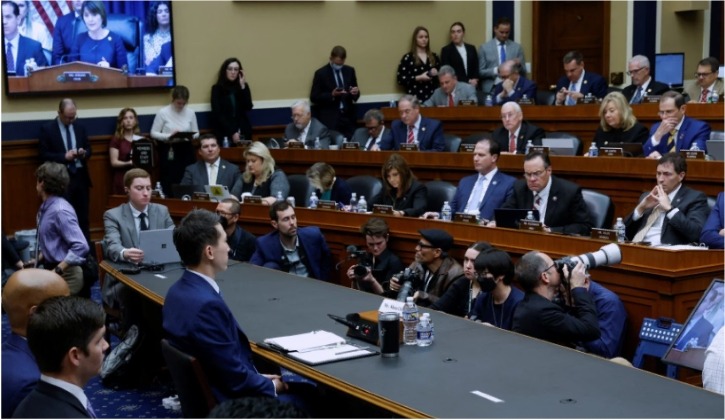
Shou Zi Chew, the CEO of TikTok, faced tough questions from U.S. lawmakers during a hearing that lasted over five hours on Wednesday. The hearing was focused on the potential Chinese influence over the app and its impact on children’s mental health.
Chew denied that TikTok shares data or has connections with the Chinese Communist Party, and argued that the platform was doing everything to ensure safety for its 150 million American users. However, lawmakers raised concerns about the app’s power over American children and the content it promotes, such as eating disorders, illegal drug sales, and sexual exploitation.
The CEO failed to announce any new efforts to safeguard privacy, and critics were not appeased. Lawmakers have raised bipartisan concerns about TikTok’s power over Americans and may pass legislation to strengthen the Biden administration’s legal powers to ban the app.
During the hearing, Chew faced tough questioning from lawmakers who expressed concerns about TikTok’s Chinese roots. Senator Marsha Blackburn, a Republican from Tennessee, said that “Americans should be very concerned about the Chinese Communist Party’s influence over TikTok.”
The hearing was closely watched in China, where ByteDance offers a Chinese equivalent, Douyin. The company has faced criticism from both the Chinese government and the U.S. government over its handling of user data and content moderation.
TikTok has been a source of controversy in the U.S. for months, with lawmakers and the Trump administration expressing concerns over the app’s Chinese ownership and the potential for Chinese government interference. In September 2020, the Trump administration announced a ban on TikTok, but the ban was later blocked by a federal judge.
The Biden administration has also expressed concerns about TikTok’s influence over American children and has launched a review of the app’s security risks. Last month, the White House announced a new executive order aimed at protecting Americans’ personal information from foreign adversaries, including China.
The hearing was a chance for lawmakers to grill TikTok’s CEO on these issues and to push for greater protections for American users. However, critics say that the hearing did not go far enough in addressing the potential threats posed by TikTok and other Chinese-owned apps.
The hearing highlighted the ongoing concerns over TikTok’s Chinese ownership and its impact on American children’s mental health. The CEO’s assurances did little to allay these concerns, and lawmakers may push for further action to protect American users.
